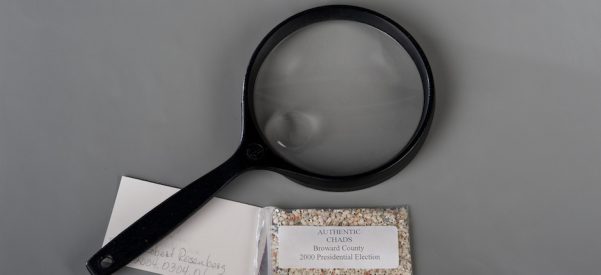Remembering 1876, the Year of the Inconclusive Vote
There Has Never Been Anything Like It Before or Since
We are told that this year’s presidential election is unprecedented in many ways. The American voters are faced with the choice between an unlikely candidate who has been repudiated by many within his own party, and a seasoned politician whom the head of the FBI characterized as “extremely careless.” The tumultuousness of the race makes many long for the good old days when elections were civil, thoughtful, and quickly resolved
In other words, we are not longing for 1876.
A …











